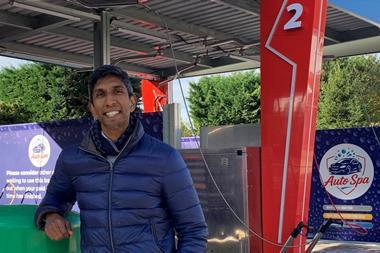
Zemo Partnership, the multi-stakeholder partnership working to deliver on the UK’s transport decarbonisation objectives, has elected four new members to its Board of directors.
The organisation - which changed its name from LowCVP to Zemo Partnership earlier this year – claims to be unique in terms of the breadth and diversity of its stakeholder membership. It is steered by a Board elected by, and representative of, its diverse stakeholder constituencies.
Joining the Board are: Tim Anderson, UK head of Transport, Energy Saving Trust; Richard Cuerden, director, TRL Academy – Transport Research Laboratory; Tanya Neech, UK sustainability officer, Scania UK; and Glenn Saint, vice president, Commercial Vehicles, Arrival.
Zemo Partnership says the new Board members bring long and wide-ranging experience of the UK transport sector, providing perspectives from both new and established vehicle manufacturers, insights into the public policy process and many of the research and technical aspects which will underpin the transition to zero. All are committed to Zemo Partnership’s mission and that of its members in supporting the transition to zero emission transport in the UK.
Zemo Partnership’s chair, Philip Sellwood CBE, said: “I’m delighted to welcome these new members to our Board. They join at an exciting and critical moment as the organisation positions to help government and industry deliver accelerated progress towards the full decarbonisation of road transport.”
Greg Marsden, Professor of Transport Governance at the Institute for Transport Studies, Leeds University and Peter Harris, Vice President, International Sustainability, UPS have been elected again and continue their terms on the Zemo Partnership Board.
Zemo Partnership (www.zemo.org.uk), formerly LowCVP, was established in 2003 as a public-private partnership working to accelerate a sustainable shift to lower-carbon vehicles and fuels and create opportunities for UK businesses. Over 200 organisations are engaged from diverse backgrounds, including automotive and fuel supply chains, government, vehicle users, academics, environment groups and others. In February 2021 the organisation changed its name to reflect heightened ambition as the UK embarks on a trajectory to achieve net zero greenhouse gas emissions by 2050.

































No comments yet